 Shutterstock
Shutterstock
Dogs can’t text sad emojis or post vague Facebook updates, but they know how to show loneliness in their way. As naturally social creatures, dogs form deep bonds with their humans—so when left alone too often or too long, they can get the blues just like we do. The tricky part? Their signals are subtle and often mistaken for “bad behavior.” Recognizing the signs of canine loneliness can make all the difference in helping your best friend feel secure, supported, and happily part of the pack again.
Excessive Barking or Howling
 Shutterstock
Shutterstock
If your dog suddenly becomes the neighborhood opera singer every time you leave, loneliness could be the reason. Dogs often vocalize their distress when they feel abandoned or left out, especially during long stretches alone. This isn’t just a noise issue—it’s your pup’s way of crying for attention and companionship. You may notice this behavior kick in shortly after you leave and taper off when you return. Providing interactive toys or calming background music can help ease their solo anxiety, but nothing replaces quality time with their favorite human—you.
Destructive Chewing or Digging
 Shutterstock
Shutterstock
Ever come home to find your favorite shoes shredded or your sofa looking like a crime scene? That’s not just mischief—it’s probably loneliness. Dogs often channel their pent-up energy and emotional frustration into destructive behaviors when they’re left alone for extended periods. They don’t hate your furniture—they miss you. Offering puzzle toys, increasing exercise, and rotating enrichment activities can reduce this behavior, but more companionship—whether from you or a trusted dog walker—can make a world of difference.
Pacing or Restlessness
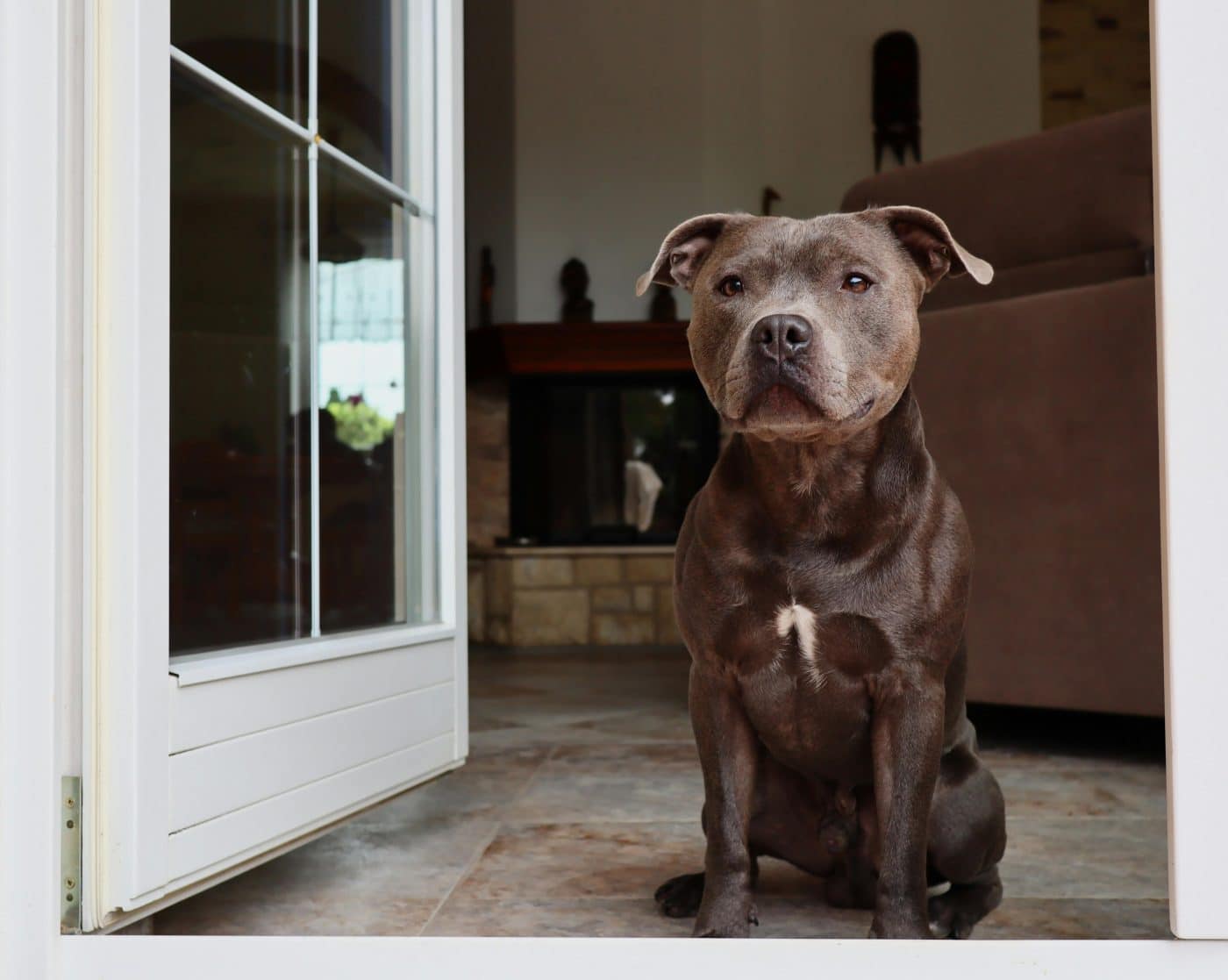 Shutterstock
Shutterstock
Some dogs deal with loneliness by pacing in circles or wandering around the house like they’re searching for something—or someone. This restlessness is a canine version of anxiety-fueled fidgeting, and it usually stems from the absence of their beloved human. If your dog appears unsettled when you’re gone, and immediately calms when you return, that’s a pretty loud hint. Increasing structured routines and incorporating interactive toys may help, but the real fix often involves more human (or dog) interaction.
Sleeping More Than Usual
 Shutterstock
Shutterstock
Dogs love naps—but if your dog is sleeping the day away more than usual, it could be a sign they’re bored or lonely. Just like humans who feel blue may oversleep, dogs can slip into a passive state when they’re emotionally neglected. They’re not being lazy; they’re just trying to pass the time until their world—you—walks back in. Ensuring your dog has regular stimulation and moments of engagement can help lift their spirits. Consider doggy daycare or a midday visitor if you’re gone all day.
Loss of Appetite
 Shutterstock
Shutterstock
A lonely dog may suddenly turn their nose up at food, even if it’s their favorite kibble or the sacred rotisserie chicken. Emotional distress can affect a dog’s appetite, leading to skipped meals and noticeable weight loss over time. If your pup usually loves dinner but now snubs it like it’s beneath them, something deeper might be going on. Offering food puzzles and eating with them can help, but the ultimate fix might be giving them more bonding time with you. Or at least pretend to share your dinner—they know when you’re holding out.
Clinginess When You’re Home
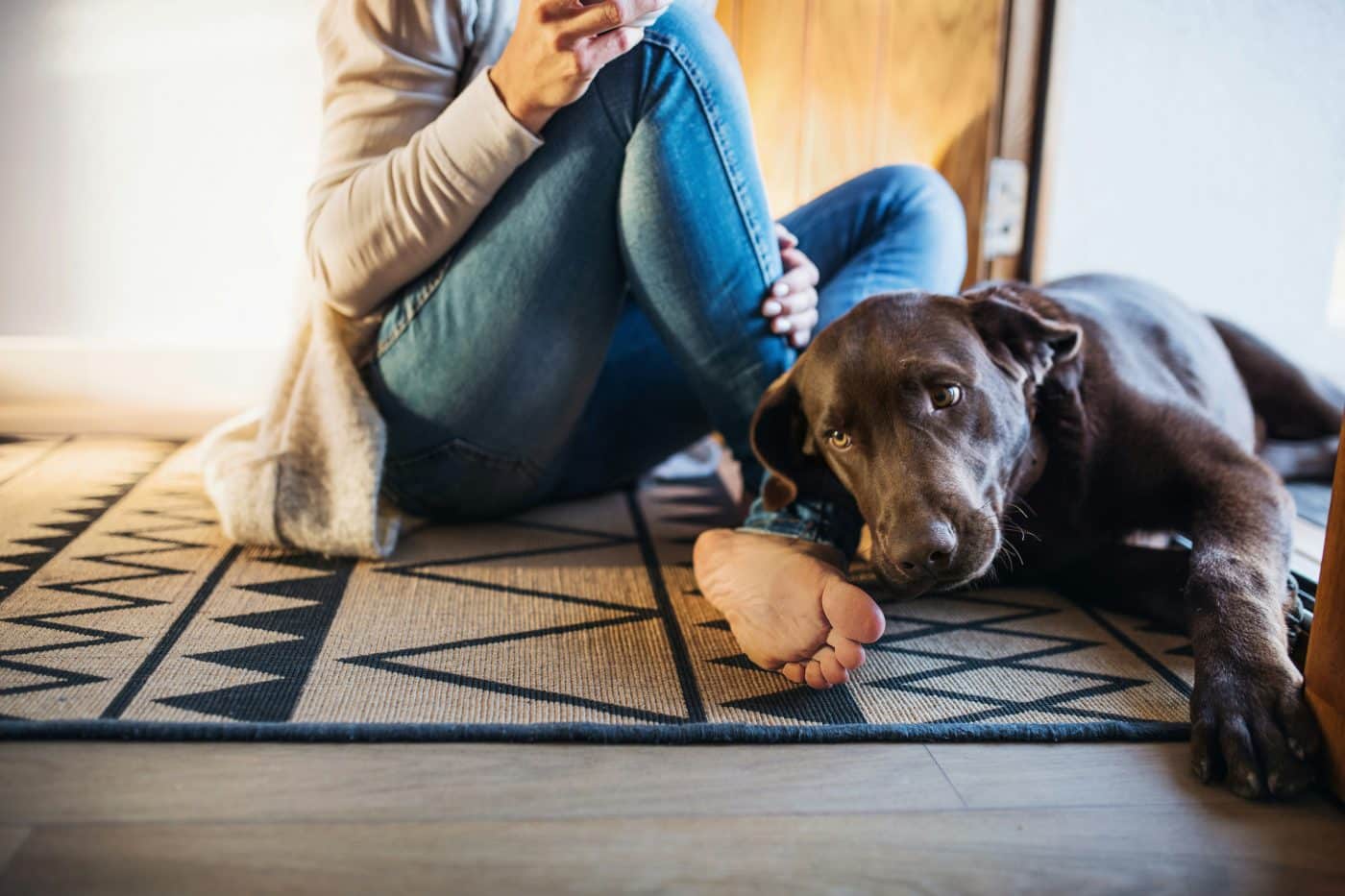 Shutterstock
Shutterstock
If your dog has transformed into your shadow—following you from room to room, nudging you constantly, and panicking when you go to the bathroom alone—they’re probably trying to soak up every second of your attention to make up for your absence. While it’s cute at first, this behavior often stems from separation anxiety and loneliness. Reassure them with gentle affection, but also help them build independence by gradually practicing short separations while you’re home. And yes, maybe let them in the bathroom occasionally—you’re not fooling anyone with that closed door.
Decreased Interest in Play
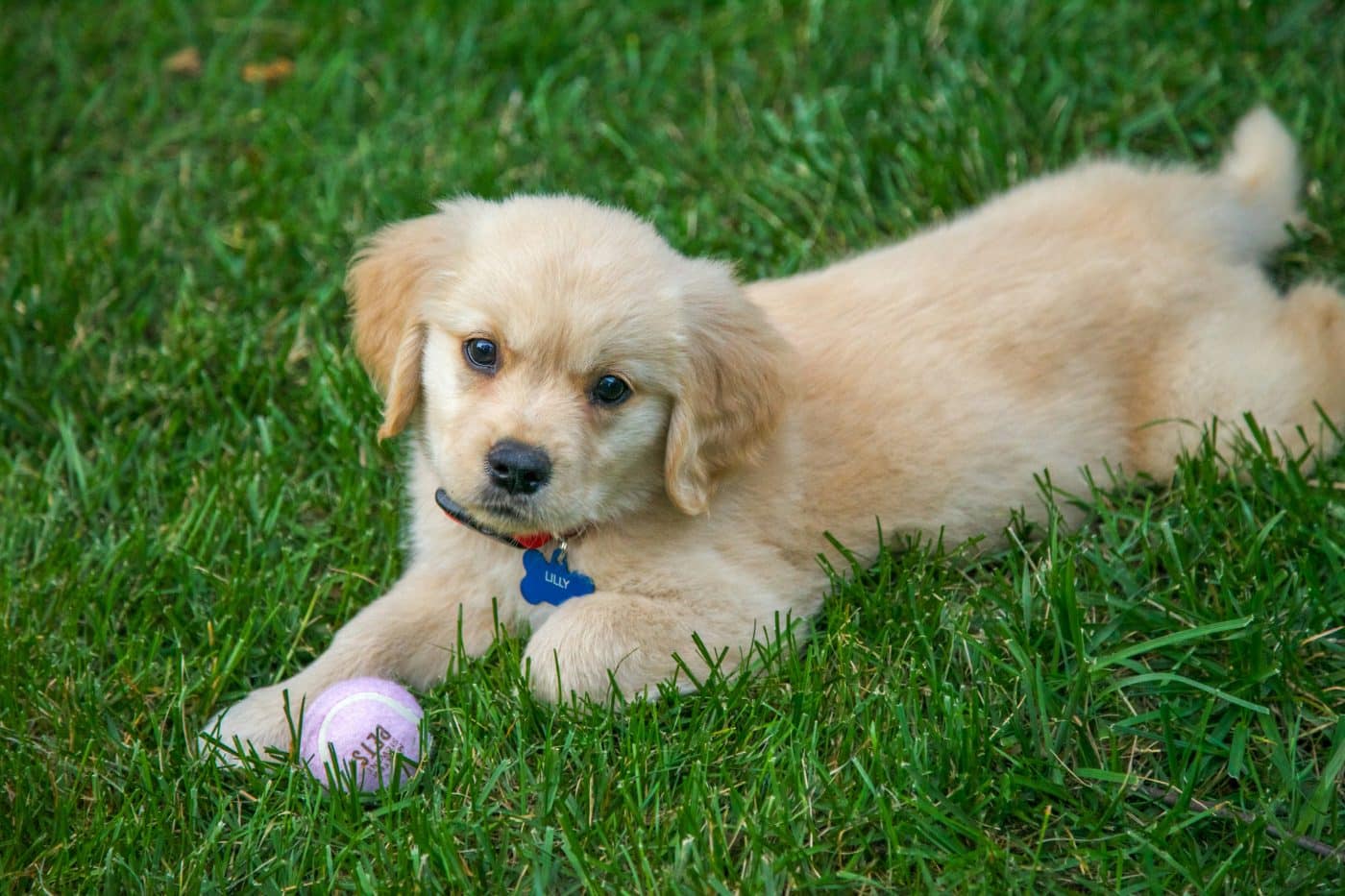 Shutterstock
Shutterstock
Dogs are naturally playful, especially when they’re happy. So, if your once-bubbly pup now ignores their toys or acts like fetch is a chore, they might be feeling emotionally low. A lack of play can signal boredom or loneliness, particularly if they’re alone for long periods. Try introducing new games or toys, but also carve out more time for direct, interactive play. Even a short game of tug-of-war or a backyard sniffari can work wonders on a lonely dog’s mood.
Frequent Accidents Inside
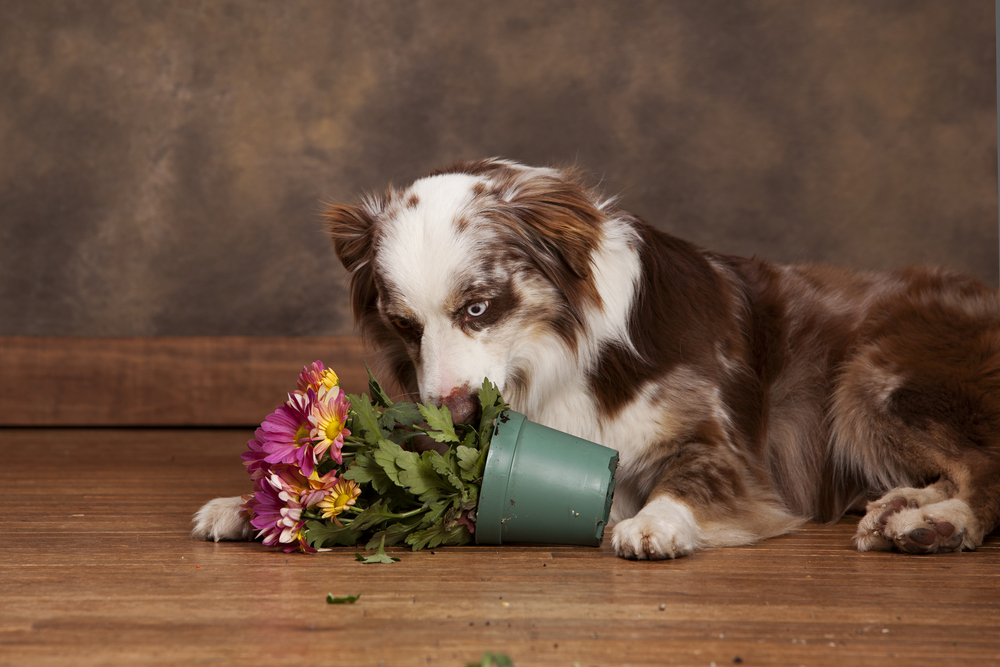 Shutterstock
Shutterstock
Sudden housebreaking regression is not always a medical issue—it can be emotional. A lonely dog might “go” indoors not out of spite, but because stress disrupts their usual bathroom routine. Anxiety can lead to a lack of control or simply confusion, especially in dogs that haven’t had consistent schedules lately. Reinforcing positive potty habits, maintaining structure, and reducing their alone time can help restore order to your floors—and their minds.
Obsessive Licking or Grooming
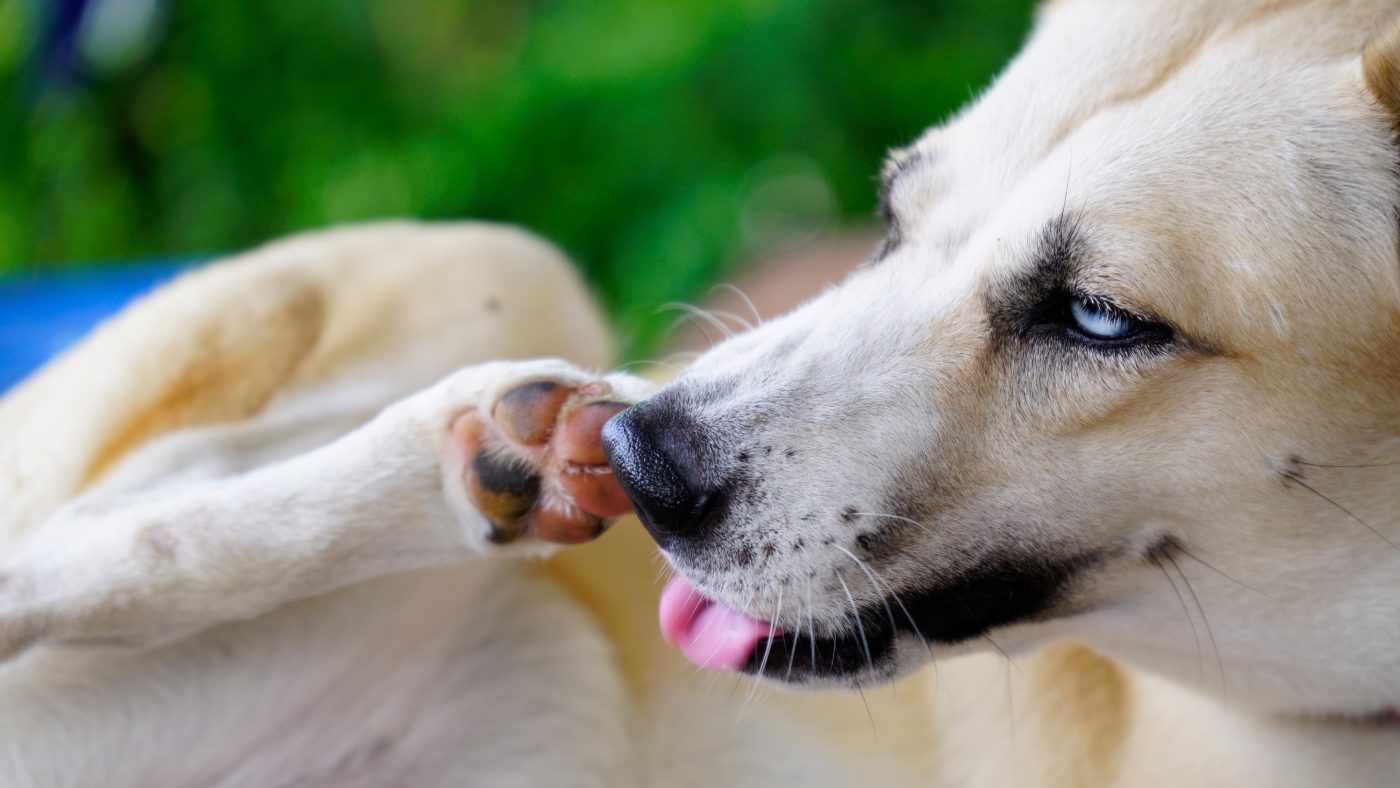 Shutterstock
Shutterstock
If your dog starts licking their paws like they’re prepping for a modeling shoot—or worse, causes bald spots with constant grooming—it may be due to emotional distress. Lonely dogs can develop repetitive behaviors as a coping mechanism, not unlike humans who bite their nails. These behaviors can escalate into serious health issues if left unaddressed. Distract them with enrichment activities, chews, or frozen treats, and consult a vet if the habit becomes extreme. But most importantly, assess whether your dog is lacking companionship and needs more connection in their life.
Trying to Escape or Wander
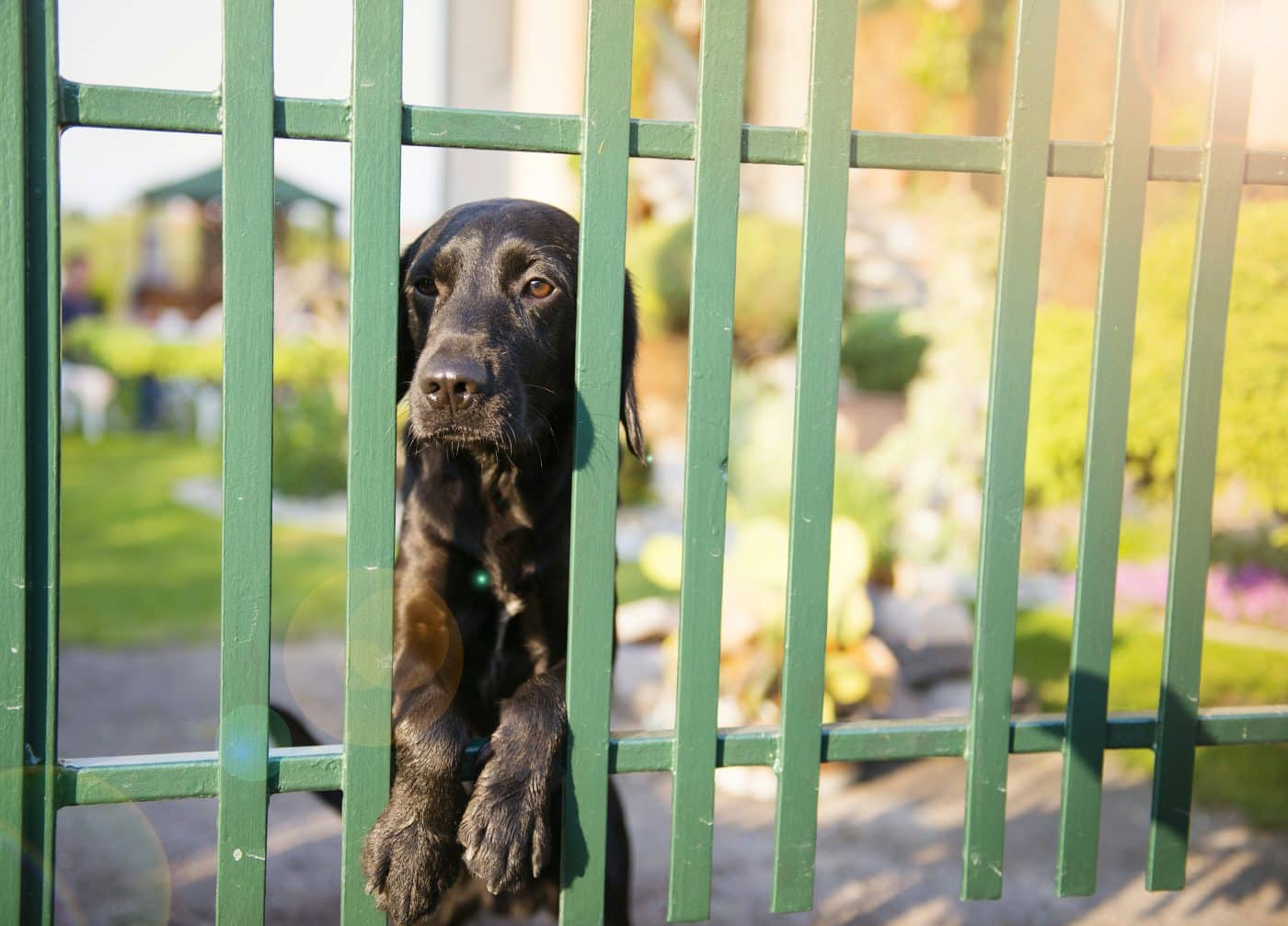 Shutterstock
Shutterstock
A dog that’s always plotting a jailbreak—whether it’s digging under fences or bolting out the front door—isn’t just rebellious. They could be trying to find you. Dogs suffering from loneliness often try to escape in an attempt to reunite with their person or simply seek interaction elsewhere. It’s not personal—it’s primal. Beef up your fencing, sure—but also beef up the attention, walks, and time spent together. They’d rather be with you than any squirrel-infested freedom trail.
Whining or Crying
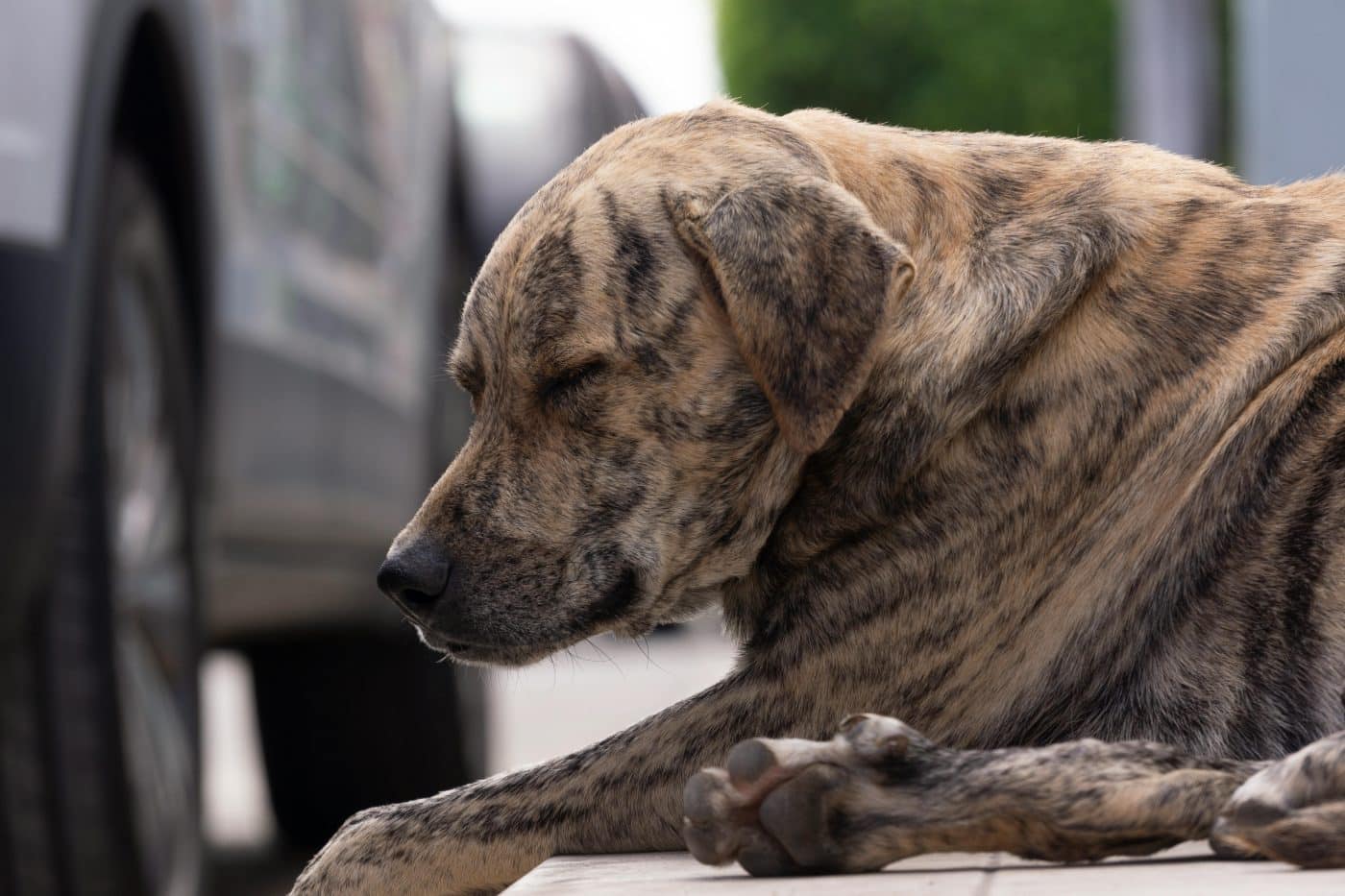 Shutterstock
Shutterstock
Dogs use vocalization to communicate, and a lonely dog might whine like they’re narrating a sad movie in their head. This could happen when you leave when you return, or even when you’re sitting right next to them but scrolling through your phone like they don’t exist. Whining is often a cry for attention, comfort, or reassurance. Gently acknowledge their feelings with positive reinforcement and create structured moments of affection. And maybe—just maybe—put down the phone and give those ears a good scratch.
Loss of Enthusiasm
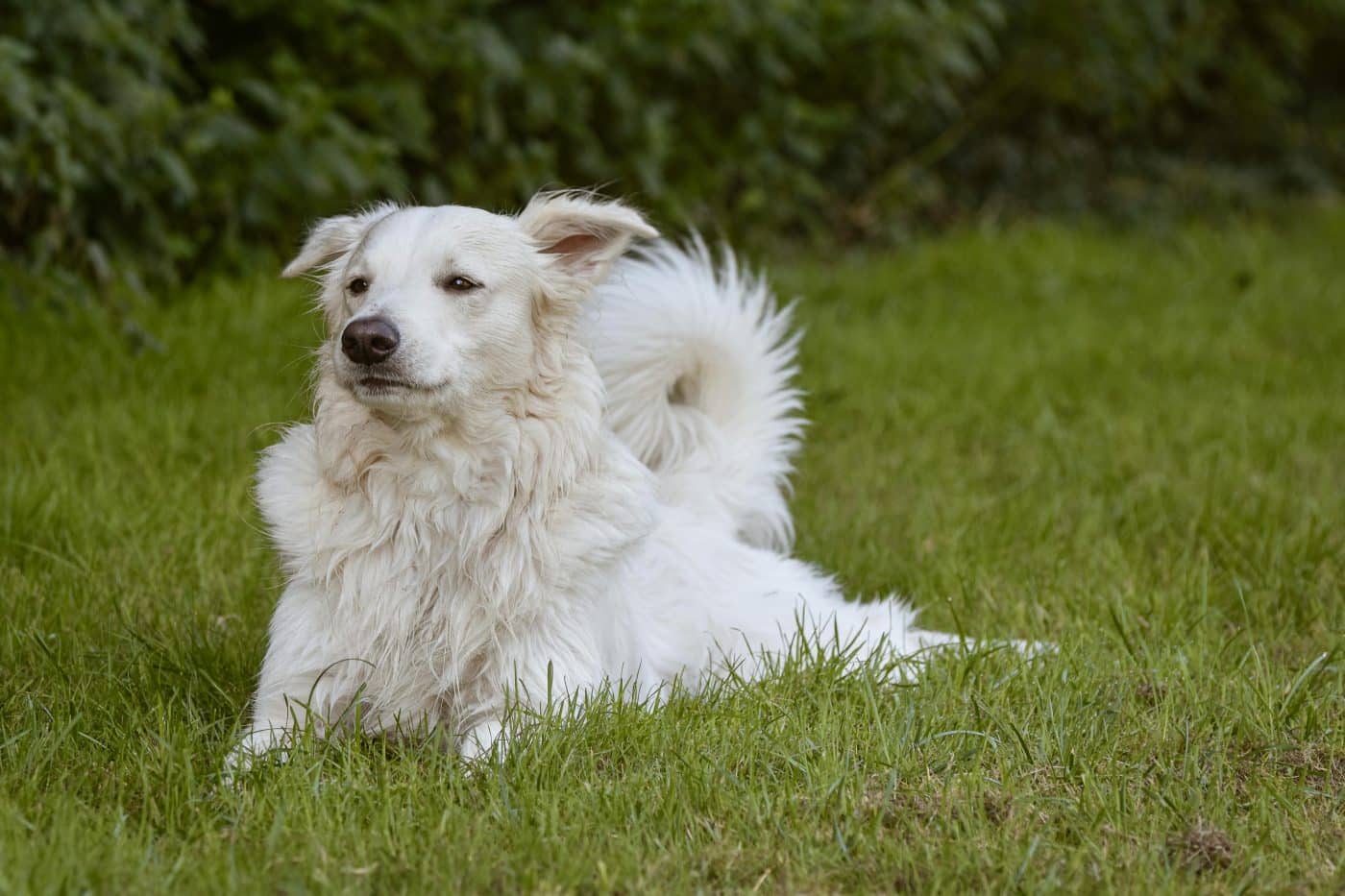 Shutterstock
Shutterstock
Does your dog greet you like you’re just the pizza guy now, instead of the center of their universe? A decrease in excitement during moments that used to light them up—walks, meals, car rides—can be a quiet cry for help. Dogs experiencing loneliness may become emotionally dulled, withdrawing even from things they once loved. Slowly reintroduce activities they enjoy, offer praise for small joys, and show them that life’s still full of tail-wagging adventures. Even a walk in the rain can be fun with the right human at their side.
Acting Out for Attention
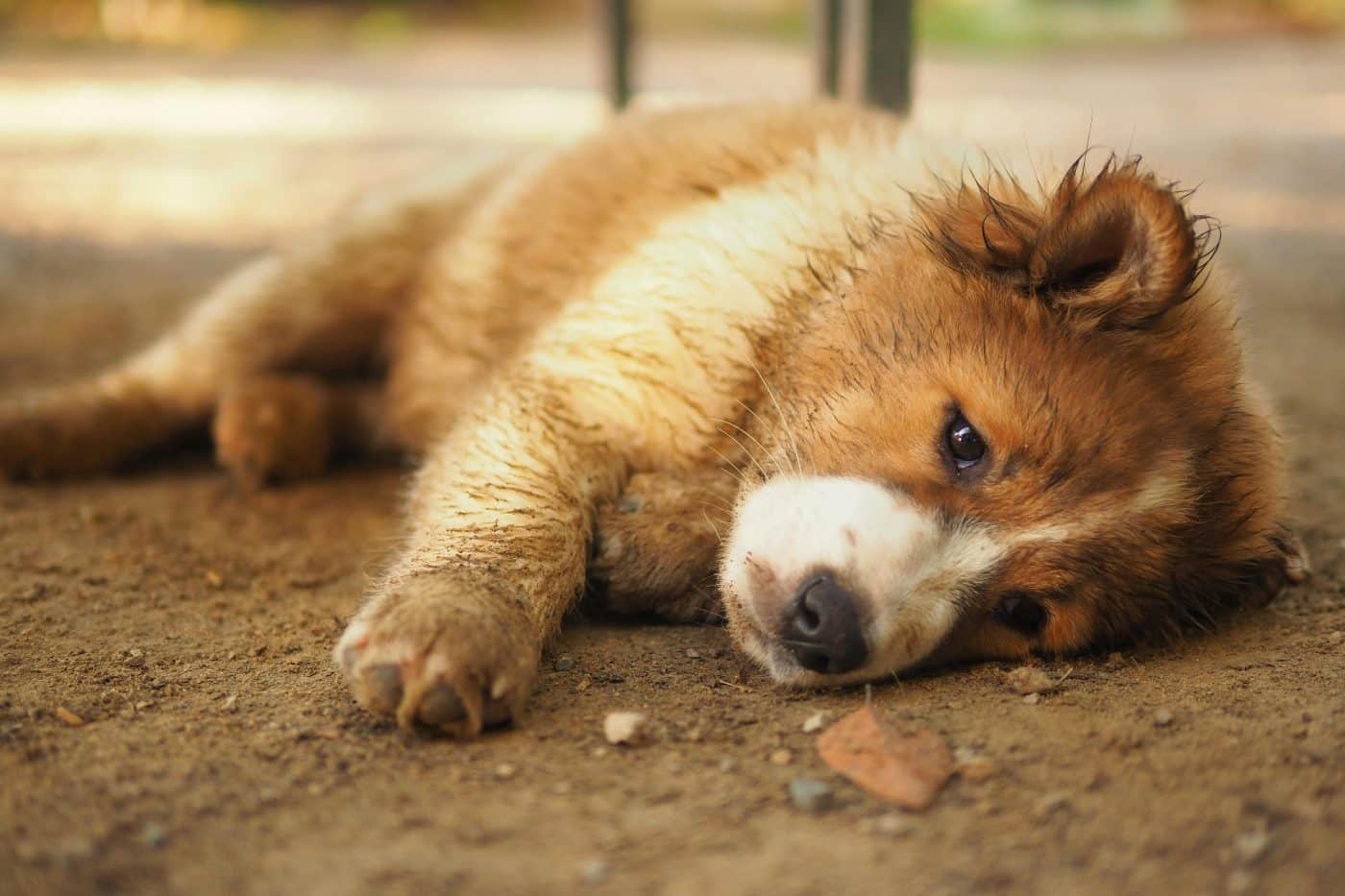 Shutterstock
Shutterstock
Some dogs get dramatic—knocking over the trash, stealing socks, or barking at a wall—just to get a reaction. If your dog is suddenly channeling their inner soap opera villain, it might just be desperate for attention. Any attention, even scolding, can reinforce this behavior if they’re craving human contact. Instead of punishing, redirect that energy into structured attention: training, play, or snuggle time. Think of it as filling their emotional tank before they hijack your underwear drawer again.
The Lonely Hearts Club Needs a Nap and a Walk
 MidJourney
MidJourney
The subtle (and sometimes not-so-subtle) ways your dog may be crying out for connection. Loneliness isn’t just a human problem; it hits our four-legged companions just as hard, and they can’t exactly text you, “Hey, I miss you. Come home.” Recognizing these signs and responding with compassion, patience, and proactive fixes can turn things around before your pup starts googling emotional support cats. Because let’s face it—your dog deserves more love, attention, and maybe a few extra treats just for being the best lonely boy or girl on the block.

 20 hours ago
5
20 hours ago
5

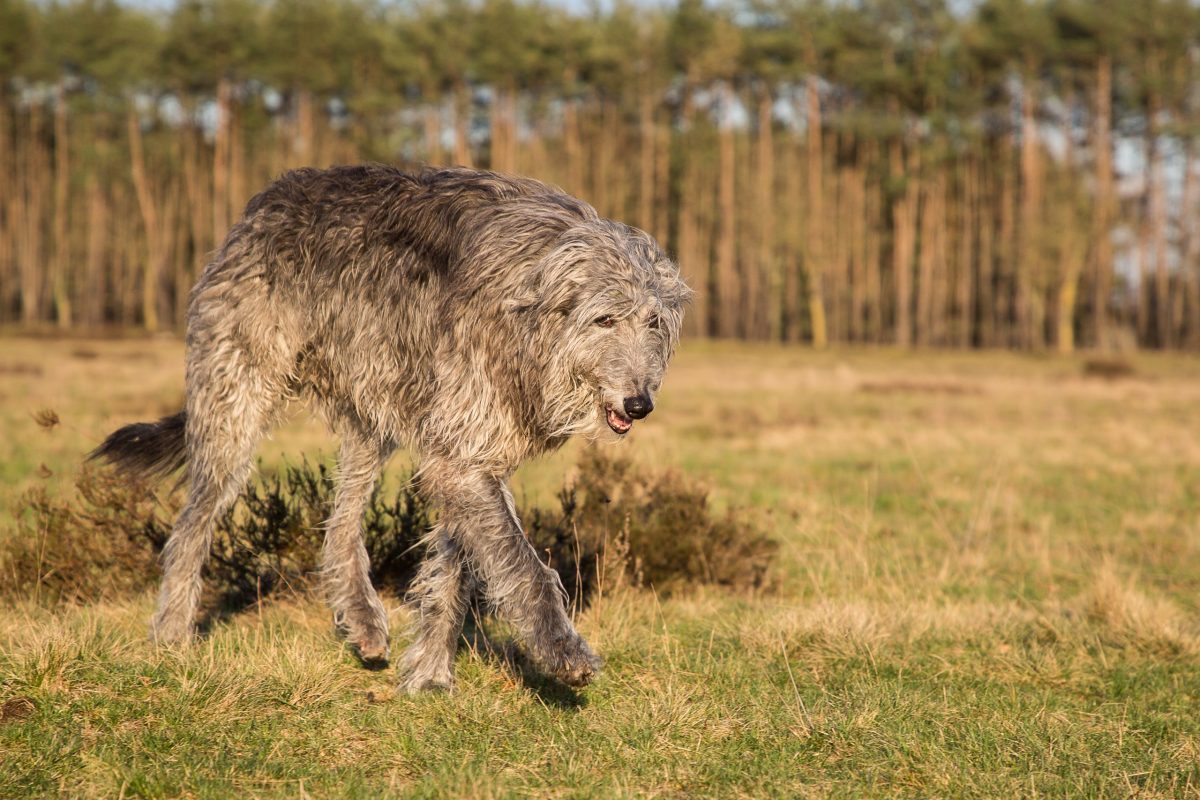



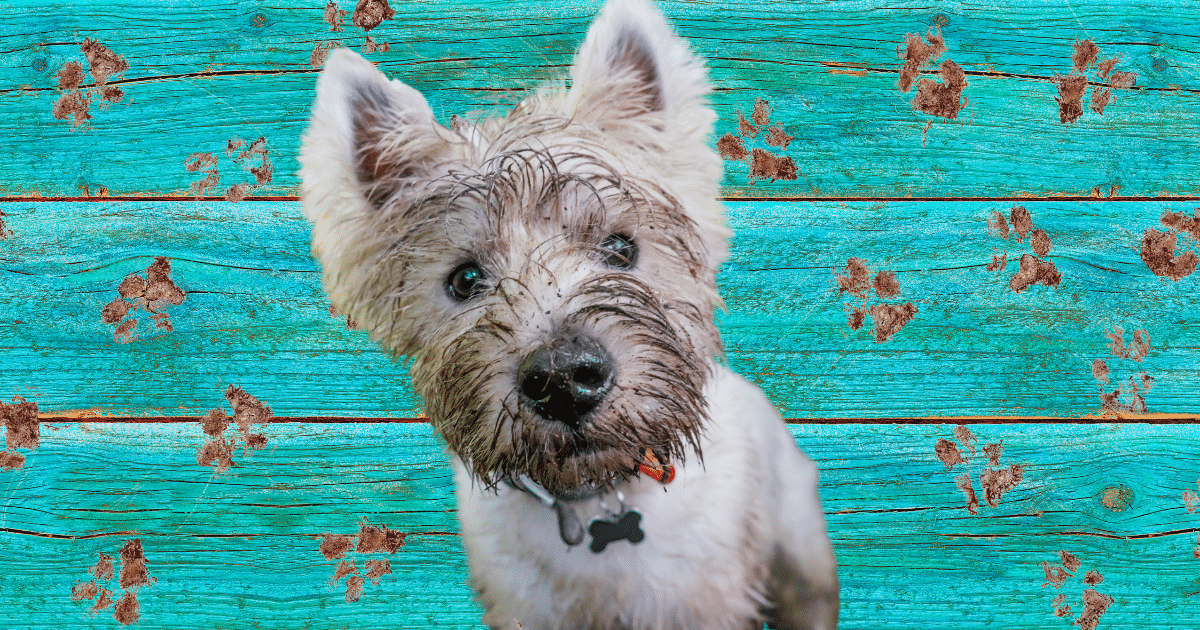

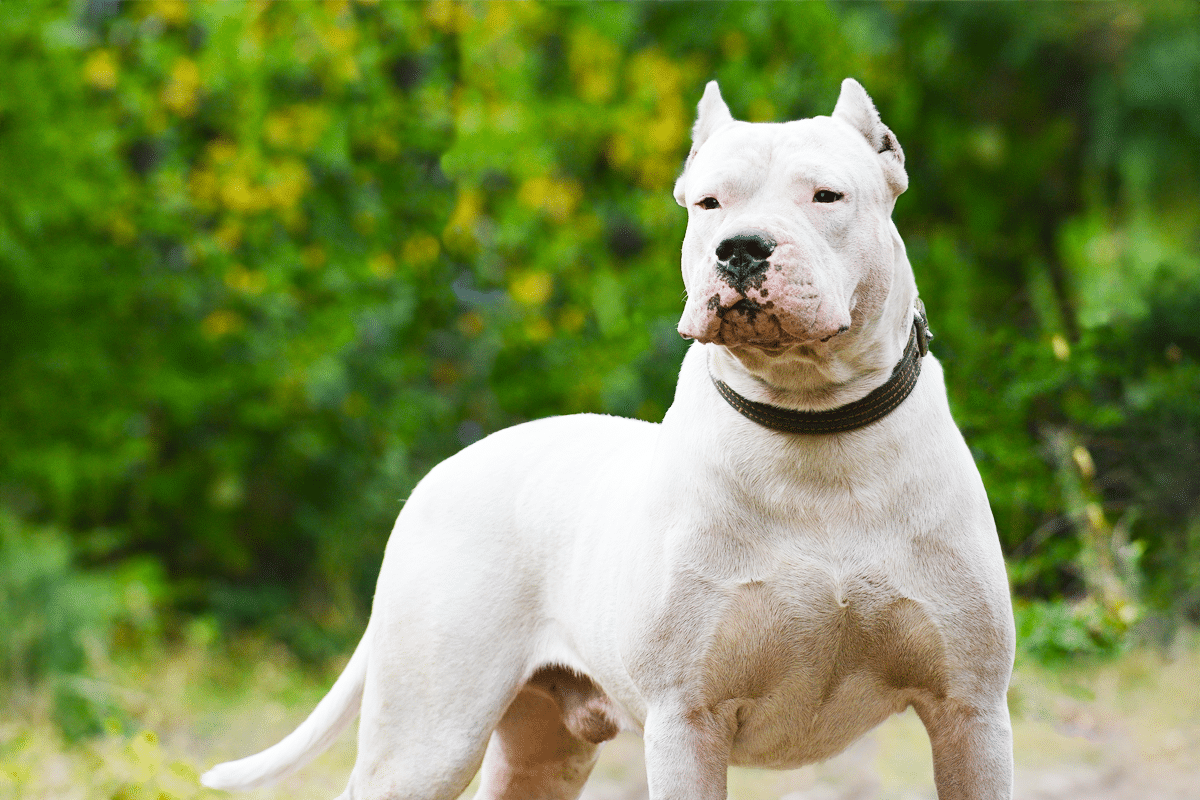
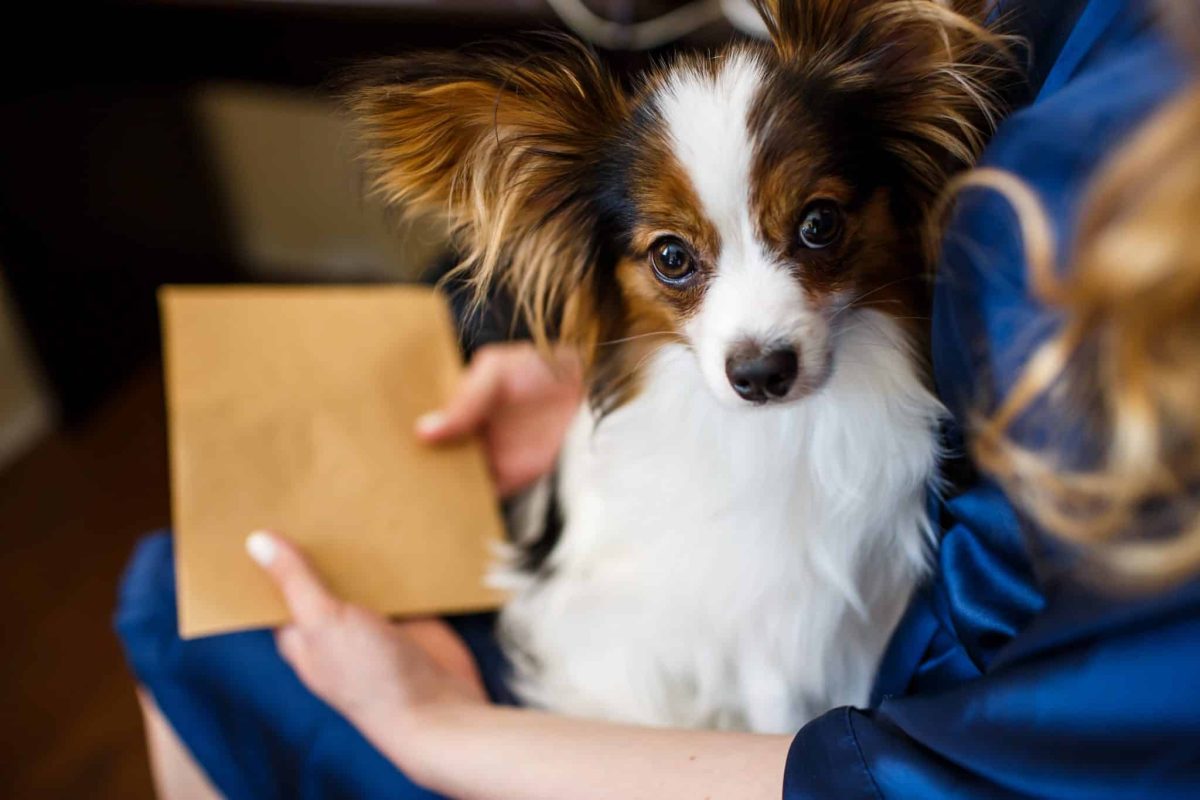









 English (US) ·
English (US) ·